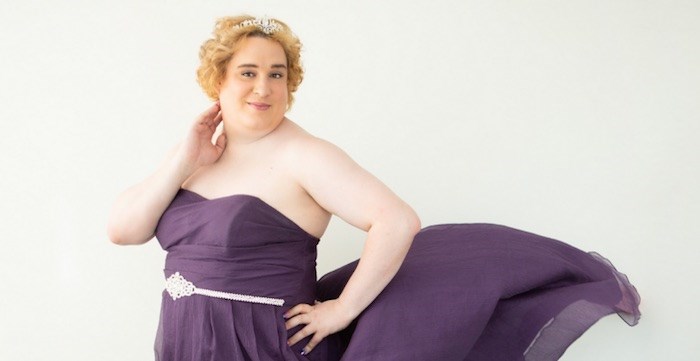An eighth genital waxing case involving transgender Surrey woman Jessica Yaniv and an esthetician’s salon appears destined for B.C.’s Human Rights Tribunal.
The Calgary-based Justice Centre for Constitutional Freedoms (JCCF) said January 7 it has been retained to represent Vancouver’s She Point Beauty Studio in a complaint filed by Yaniv.
“Women have a constitutional right not to be compelled to touch biological males in an intimate or highly personal manner if they are not comfortable doing so,” said lawyer Jay Cameron, who has already represented five B.C. estheticians against claims by Yaniv, formerly Jonathan Yaniv.
“Like male genital waxing, our client does not offer male leg-waxing services to the public, and we intend to vigorously defend against this targeted harassment on behalf of our client,” Cameron said.
The JCCF said Yaniv approached the studio operated by Sikh East Indian women for a Brazilian bikini wax. It said in 2018, Yaniv approached 14 or more esthetic salons in the greater Vancouver area for waxing.
“The studio refused, stating that their services are only for women. Yaniv then requested leg-waxing services. Leg waxing takes place in private with the customer in their underwear or nude from the waist down,” Cameron said.
The company refused Yaniv due to religious, cultural and safety reasons, and because the salon services are specialized to women, the JCCF said.
Yaniv filed the complaint against She Point in early October 2019.
Yaniv has already filed seven complaints against estheticians for refusing her waxing services, treatments she clamed she should receive because she self-identifies as a woman.
Estheticians' refusals due to a lack of personal comfort, safety concerns, a lack of training or religious objections led Yaniv to file human rights complaints against them. She alleged discrimination based on gender identity and gender expression, and sought damages in excess of $15,000 per esthetician.
The tribunal in November rejected her claims, pointing her to the courts if she wanted to appeal the decision that found her to be unjustified and improperly motivated by financial gain and racial discrimination.
A previous complaint by Yaniv against two other waxers had also been dismissed.
Tribunal member Devyn Cousineau ruled October 22 there was a pattern of discrimination by Yaniv herself.
“I find that Ms. Yaniv’s predominant motive in filing her waxing complaints is not to prevent or remedy alleged discrimination, but to target small businesses for personal financial gain. In many of these complaints, she is also motivated to punish racialized and immigrant women based on her perception that certain ethnic groups, namely South Asian and Asian communities, are ‘taking over’ and advancing an agenda hostile to the interests of LGBTQ+ people.”
The case sparked international outrage and severe criticism of the tribunal for letting Yaniv’s complaints go so far.
Yaniv had filed an application for reconsideration of the decision, claiming she could not afford to pay the $6,000 fine issued for improper conduct and that Cousineau’s ruling Cousineau was biased.
Those penalties were reduced after Cousineau considered the “torrent of backlash and hatred” against her online following the exposure of her claim last summer.
No date has been set to hear Yaniv’s latest complaint.
It’s anticipated it will proceed to a hearing sometime in 2020, the JCCF said.
@Jhainswo


